Industrielle Reinigung / Artikel
Fischindustrie: Vollständiger Leitfaden für Waschlösungen
Erfahren Sie, wie Sie die beste Waschlösung für die fischindustrie auswählen.
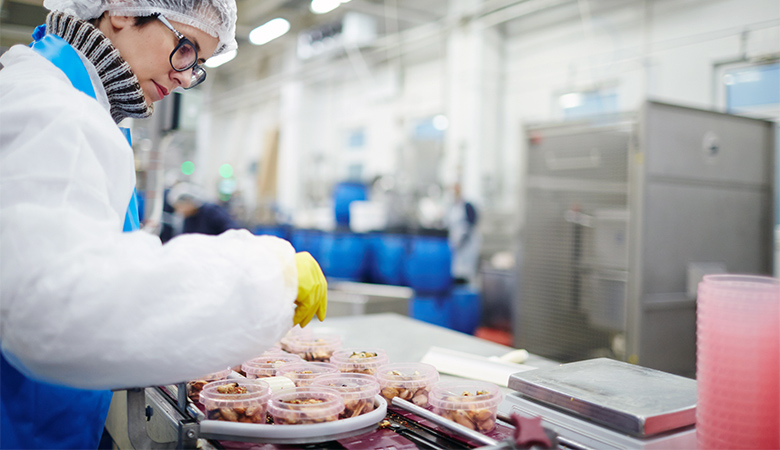
 11 Leseprotokoll
11 Leseprotokoll
2023-09-29 08:58:03
Weltweit gibt es jährlich circa 50.000 Fälle an Vergiftungen durch den Verzehr von kontaminiertem Fisch. Diese besorgniserregende Zahl spiegelt nicht die gesamte Realität wider, da diese Vorkommnisse kaum erkannt und daher nicht alle gemeldet werden. Fische und Schalentiere können giftige Biotoxine enthalten und trotzdem normal aussehen, riechen und schmecken. Und selbst Kochen kann sie nicht zerstören. In diesem Szenario wird das industrielle Waschen zu einem entscheidenden Element, da es dazu beiträgt, Kreuzkontaminationen zu vermeiden und die Lebensmittelsicherheit zu gewährleisten. Befolgen Sie diese Tipps, um die beste Wäschelösung für die fischindustrie zu finden.
Was ist eine industrielle Waschmaschine?
Eine industrielle Waschmaschine ist eine Anlage zum effizienten Waschen und Desinfizieren von Utensilien, die bei der Verarbeitung, Verpackung und Zubereitung von Fisch für den Vertrieb und den Verzehr verwendet werden, und zwar im industriellen Maßstab. Sie ist von entscheidender Bedeutung, um Rückstände zu entfernen sowie die Produktqualität und Lebensmittelsicherheit zu gewährleisten.
Industrielle Waschmaschinen sind dafür ausgelegt, große Mengen an Utensilien in kurzer Zeit zu desinfizieren, um den Waschprozess zu beschleunigen und Kreuzkontaminationen zwischen verschiedenen Fischchargen zu vermeiden. Geräte wie Maschinen zum Ausweiden, Entfernen von Fischresten, Schälen, Entschuppen, Entgräten, Filetieren oder Schneiden müssen gründlich desinfiziert werden, um sicherzustellen, dass die Lebensmittel unter hygienisch einwandfreien Bedingungen verzehrt werden können.
Deshalb haben industrielle Waschmaschinen einen entscheidenden Einfluss auf die Qualität, Sicherheit und Konformität der Produkte, die den Endverbraucher erreichen, sowie auf die Steigerung der Effizienz des Produktionsprozesses und die Verringerung des Abfalls. Aber das sind noch nicht alle Vorteile.
Was sind die Vorteile einer Waschmaschine für die fischindustrie?
Der Einsatz einer Waschmaschine in der fischindustrie bietet mehrere bedeutende Vorteile, die zur Effizienz des Produktionsprozesses, zur Qualität der Endprodukte und zur Lebensmittelsicherheit beitragen.
1. Höhere Effizienz und Produktivität
Einer der Hauptvorteile einer Waschmaschine in der fischindustrie ist ihre Fähigkeit, die Effizienz und Produktivität des Unternehmens erheblich zu steigern. Die Maschinen sind so konzipiert, dass sie große Mengen an Utensilien kontinuierlich und gleichmäßig mit kurzen Zyklen bewältigen können, wodurch sich die Produktivität der Produktionslinie erhöht. Außerdem können sich die Mitarbeiter durch die Automatisierung des Waschvorgangs anderen wichtigen Aufgaben widmen, wie der Qualitätskontrolle, Verpackung und dem Vertrieb.
2. Ordnungsgemäße Desinfizierung
Die ordnungsgemäße Desinfizierung von Utensilien ist von grundlegender Bedeutung, um die Lebensmittelsicherheit und Qualität von Fischprodukten zu gewährleisten. Industrielle Waschmaschinen ermöglichen eine präzise Steuerung der wichtigsten Waschparameter, wie Temperatur und Konzentration der Waschmittel, und garantieren so eine wirksamere und sicherere Desinfektion im Vergleich zum manuellen Waschen, die sich auf die Fischprodukte auswirkt. Auf diese Weise kann das Vorhandensein von Bakterien und Krankheitserregern reduziert werden, wodurch das Risiko lebensmittelbedingter Erkrankungen minimiert und die Haltbarkeit des Produkts verlängert wird, was für die Einhaltung der Vorschriften für Lebensmittelsicherheit von entscheidender Bedeutung ist.
3. Verringerung des Kontaminationsrisikos
Die fischindustrie sieht sich ständig mit der Herausforderung konfrontiert, eine Kontamination der Produkte während der Verarbeitung zu vermeiden. Durch den Einsatz von industriellen Waschmaschinen wird das Kontaminationsrisiko erheblich reduziert. Dies liegt daran, dass die Maschinen so konstruiert sind, dass der menschliche Kontakt mit den Produkten während des Waschvorgangs auf ein Minimum reduziert wird, wodurch die Möglichkeit einer Kontamination durch unsachgemäße Handhabung vermieden wird. Dies ist der Fall beim MultiWasher, dessen Waschprozess in einer geschlossenen Kabine stattfindet, was eine bessere Kontrolle der Reinigungsumgebung ermöglicht und die Verbreitung von Mikroorganismen zwischen den verschiedenen Fischchargen verhindert.
4. Standardisierung des Prozesses
Der Einsatz industrieller Waschmaschinen ermöglicht die Anwendung standardisierter Verfahren zur Desinfektion der Utensilien, die mit dem Fisch in Berührung kommen. Diese Standardisierung trägt dazu bei, die Schwankungen während des Prozesses zu verringern und einheitliche, konsistente und zuverlässige Endergebnisse zu erzielen. Darüber hinaus ermöglicht die Automatisierung präzise Anpassungen, die ein hohes Maß an Qualitätskontrolle in Übereinstimmung mit den vom Unternehmen und der Gesetzgebung festgelegten Standards gewährleisten.
5. Nachhaltigkeit
Die Nachhaltigkeit ist ein weiterer wichtiger Vorteil des Einsatzes von Waschmaschinen in der fischindustrie. Da das Waschen effizienter und kontrollierter abläuft, wird nur die erforderliche Menge an Wasser, Energie und Waschmittel verbraucht und somit Verschwendung vermieden. Der MultiWasher verfügt beispielsweise über ein System zur Wasserfiltration und Wasserwiederverwendung, wodurch der Wasserverbrauch im Waschprozess erheblich reduziert wird. Außerdem steuert er automatisch die anderen Parameter, um sicherzustellen, dass nur die richtige Menge für perfekte Ergebnisse verwendet wird. Langfristig ist er ein Instrument, das den Fortbestand des Unternehmens durch eine solidere Finanzverwaltung und eine größere Widerstandsfähigkeit gegenüber künftigen klimatischen Herausforderungen gewährleistet.
Was ist zu beachten, damit die Waschmaschine zu Ihrem Unternehmen passt?
Um sicherzustellen, dass sich die Waschmaschine effektiv an das Unternehmen anpasst, ist es wichtig, mehrere spezifische Aspekte des Produktionsprozesses und der Bedürfnisse zu berücksichtigen.
1. Größe und Kapazität der Maschine
Es ist wichtig, eine industrielle Waschmaschine zu wählen, deren Kapazität dem tatsächlichen Bedarf entspricht, wobei die Menge des täglich verarbeiteten Fischs und die voraussichtliche künftige Produktionskapazität berücksichtigt werden müssen. Eine unterdimensionierte Maschine kann zu Produktionsunterbrechungen führen, während eine Maschine mit mehr Kapazität als nötig Ressourcen vergeuden kann.
Somengil führt vorab eine Studie über die Arbeitsabläufe des jeweiligen Kunden durch, bevor eine industrielle Waschlösung vorgeschlagen wird. Auf diese Weise können sich die Unternehmen auf eine Maschine verlassen, deren Größe und Kapazität auf die Bedürfnisse des jeweiligen Betriebs zugeschnitten ist und die perfekt zu den Bedienern und Prozessen passt.
2. Kompatibilität mit anderen Prozessphasen
Die industrielle Waschmaschine muss sich nahtlos in die anderen Phasen des Fischproduktionsprozesses wie Schneiden, Filetieren und Verpacken integrieren lassen. Eine korrekte Synchronisierung zwischen allen Phasen ist für einen kontinuierlichen und effizienten Arbeitsablauf unerlässlich.
Darüber hinaus muss die Positionierung der Maschine innerhalb des Layouts der Produktionslinie sorgfältig durchdacht werden, damit sie leicht zugänglich und mit den vorhergehenden und nachfolgenden Prozessphasen verbunden ist. Der Waschzyklus muss auch die ideale Länge haben, um weder die umliegenden Phasen zu verzögern noch die Qualität der Ergebnisse zu gefährden.
3. Bedienungs- und Wartungsfreundlichkeit
Die Waschmaschine muss für die Mitarbeiter intuitiv und sicher zu bedienen sein. Die Bedienelemente und Verfahren müssen einfach und unmittelbar sein, damit neue Bediener schneller produzieren können und die Wahrscheinlichkeit von Fehlern aufgrund von Unkenntnis der Maschine verringert wird.
4. Energie- und Ressourceneffizienz
Nachhaltigkeit ist ein wichtiger Aspekt, der bei der Wahl einer industriellen Waschmaschine eine Rolle spielen sollte. Indem das Unternehmen der Effizienz, der Abfallverringerung und der Einhaltung von Umweltnormen Vorrang einräumt, zeigt es, dass es sich für eine verantwortungsvolle Produktion einsetzt und der Umweltauswirkungen bewusst ist. Auf diese Weise kann es wirtschaftliche Vorteile erzielen, seinen Ruf auf dem Markt stärken und zur Erhaltung der natürlichen Ressourcen für künftige Generationen beitragen.
5. Unterstützung und technischer Support
Wählen Sie einen zuverlässigen Lieferanten, der eine angemessene technische Unterstützung bietet, um einen effizienten und stabilen Betrieb der Maschine zu gewährleisten. Von der vorab durchgefühten Installationsstudie über die ersten Maschinenkonfigurationen bis hin zur Integration in die Produktionslinie ist es wichtig, sich auf kompetente Unterstützung für einen effizienten und sicheren Einsatz der Maschine zu verlassen.
MultiWasher, der Partner für Unternehmen in der fischindustrie
Der MultiWasher hilft Unternehmen in der fischindustrie, die Lebensmittelsicherheit zu gewährleisten, vom Ort der Primärproduktion bis hin zur Vermarktung oder zum Export. Die in der Fischverarbeitung eingesetzten Geräte müssen perfekt desinfiziert werden, aber angesichts ihrer Größe und Eigenschaften kann der Prozess eine Herausforderung sein. Dies ist der Fall bei Maschinen zum Ausweiden, Entfernen von Fischresten, Schälen, Entschuppen, Entgräten oder Filetieren, die im MultiWasher mit hervorragenden Ergebnissen gewaschen werden können. Aber das sind nicht alle Vorteile. Hinzu kommen noch:
Einsparung von Wasser, Energie, Waschmittel, Arbeit und Zeit.
- Alle Arten von Utensilien und Gegenständen, die bei der Fischverarbeitung verwendet werden, wie z.B. Tabletts, Transportkisten, Schneid- und Verarbeitungswerkzeuge, Behälter oder Verpackungen, werden einwandfrei desinfiziert.
- Verzicht auf die Vorwäsche.
- Die Utensilien können sofort verwendet werden, sobald sie einwandfrei desinfiziert und trocken aus der Maschine kommen.
- Müheloses Dekarbonisieren mit einer noch nie dagewesenen Effizienz.
Vereinbaren Sie ein Webinar, um die Maschine in Aktion zu sehen. Unsere Experten stehen Ihnen gerne zur Verfügung, um Ihnen ein individuelles Angebot zu unterbreiten, das auf Ihre Einrichtungen und Arbeitsabläufe zugeschnitten ist. Kontaktieren Sie uns und erzielen Sie bereits erste Ergebnisse.
Das könnte Sie auch interessieren
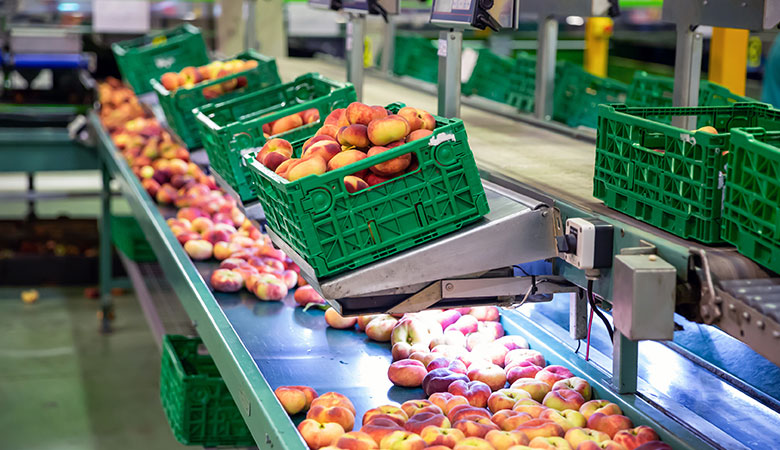
Industrielle Reinigung / Artikel
Kistenwaschmaschine: 8 Tipps für die Auswahl
Sie ist für die Lebensmittelsicherheit, die Endqualität und die Effizienz unbedingt erforderlich. Erfahren Sie, wie Sie eine Kistenwaschmaschine...
Veröffentlicht in 2023-07-20
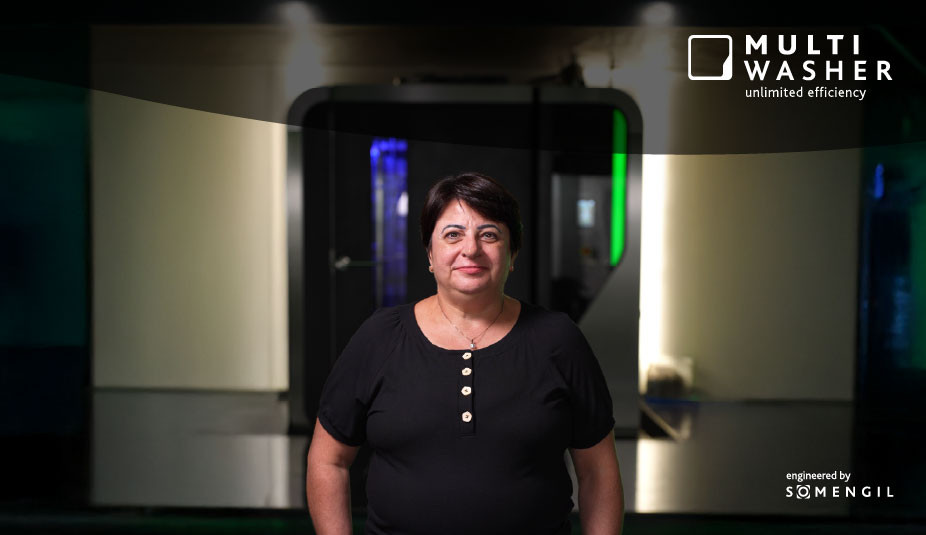
Industrielle Reinigung / Artikel
Eine Revolution in den großen Betriebsrestaurants und Kantinen von Sodexo mit dem Multiwasher
Im Tagesgeschäft großer Betriebsrestaurants und Kantinen ist jedes Detail ausschlaggebend. Für Sodexo, den weltweit führenden Anbieter von Betrie...
Veröffentlicht in 2025-05-27
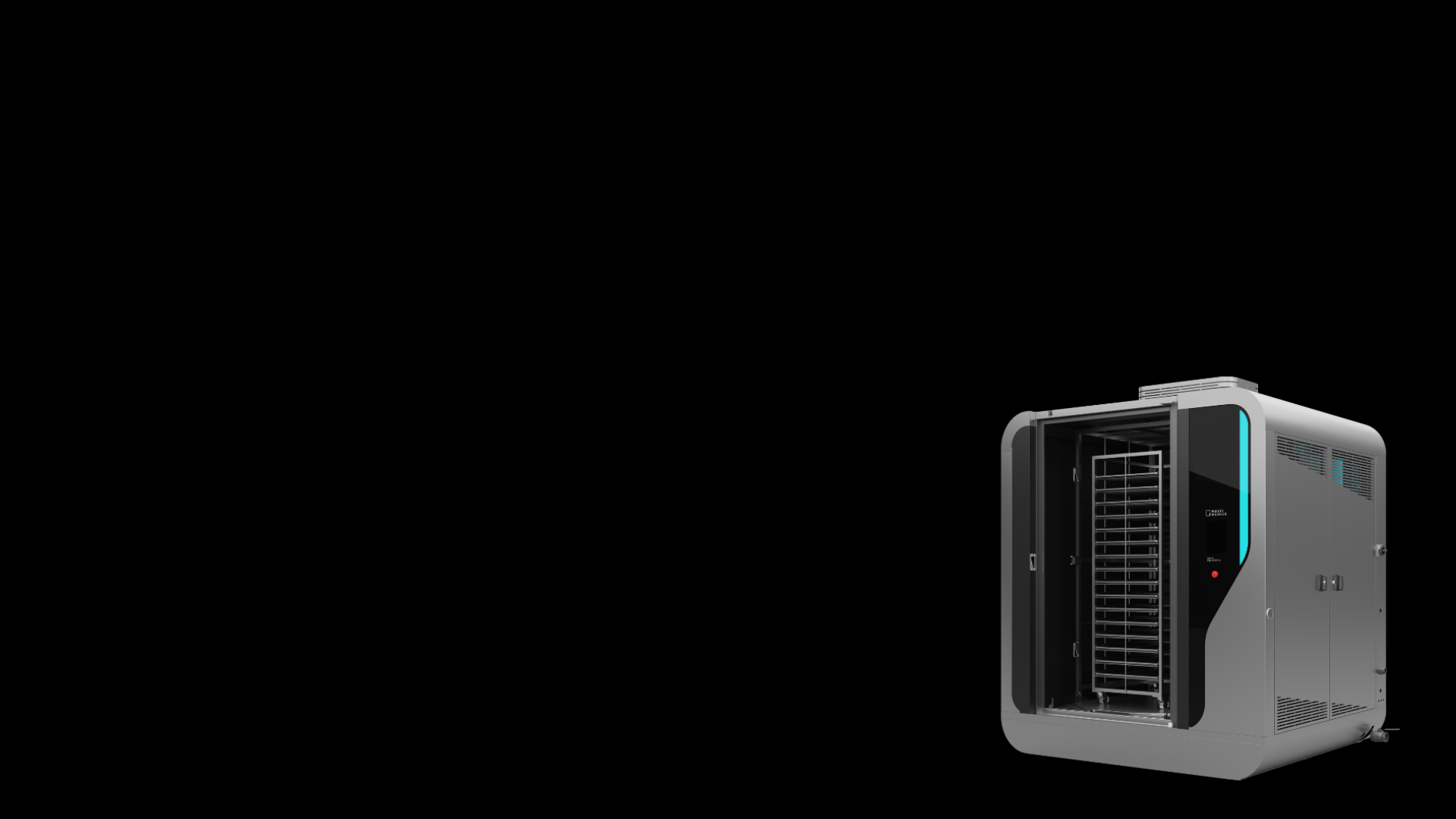
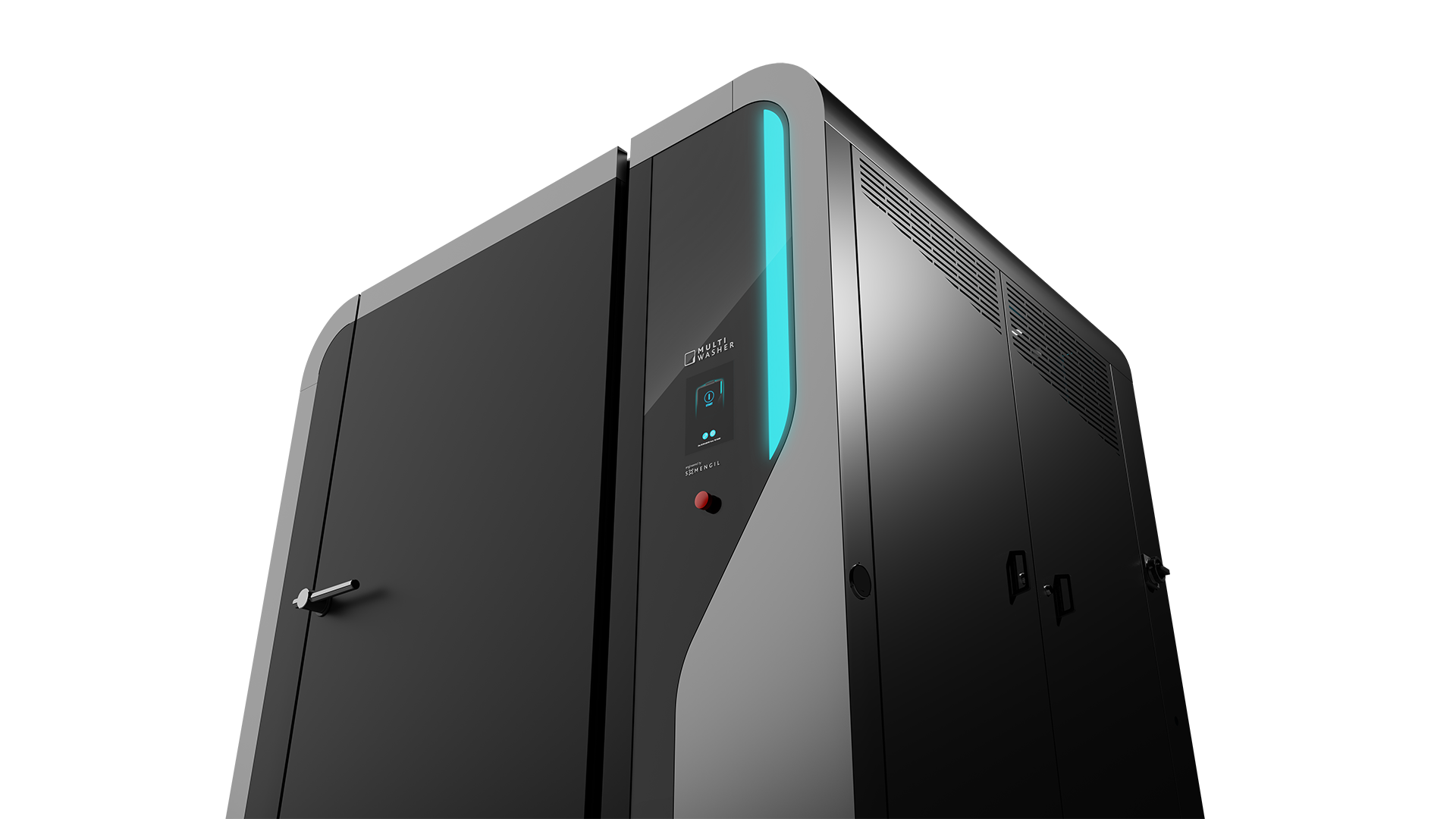
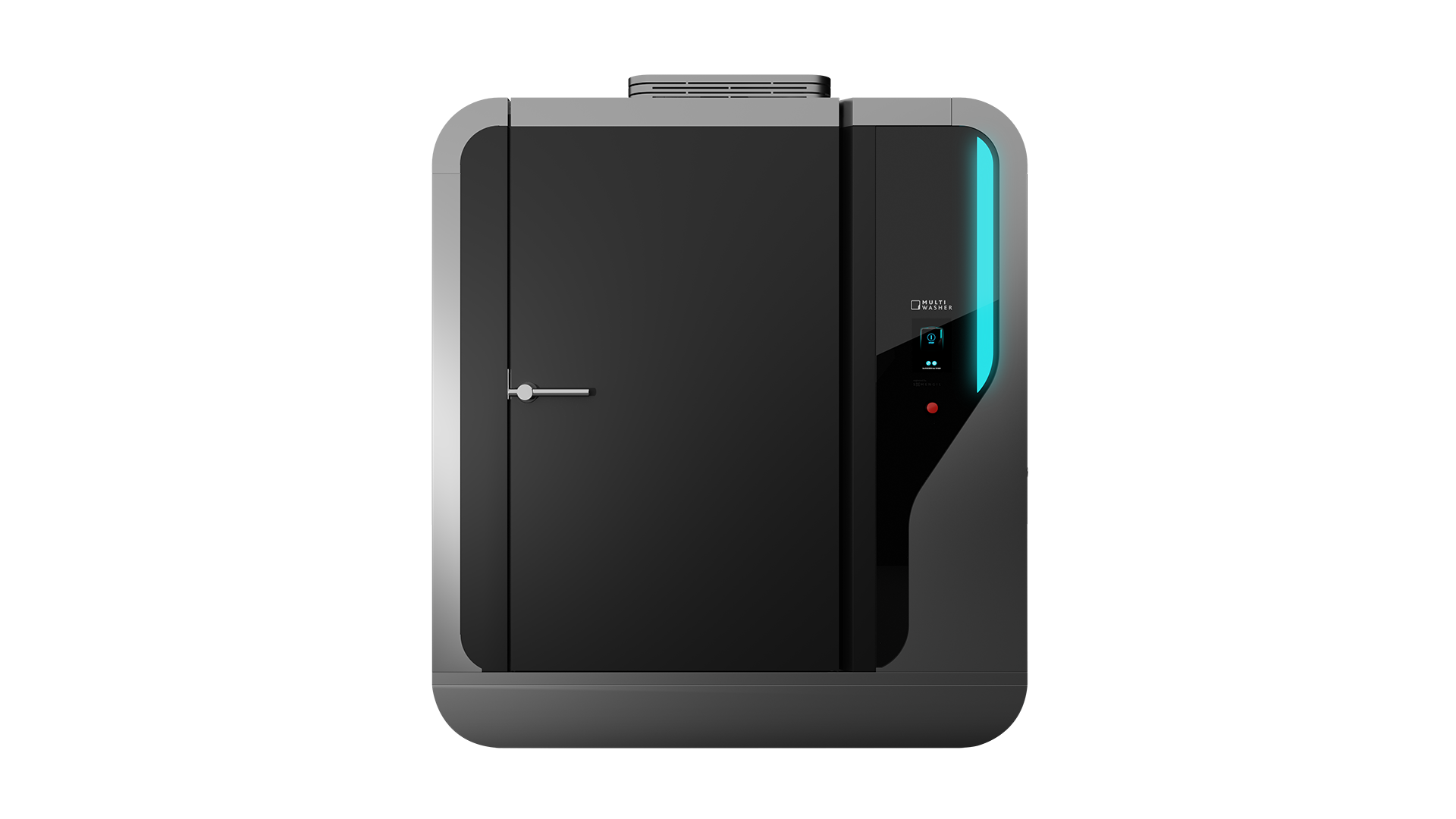
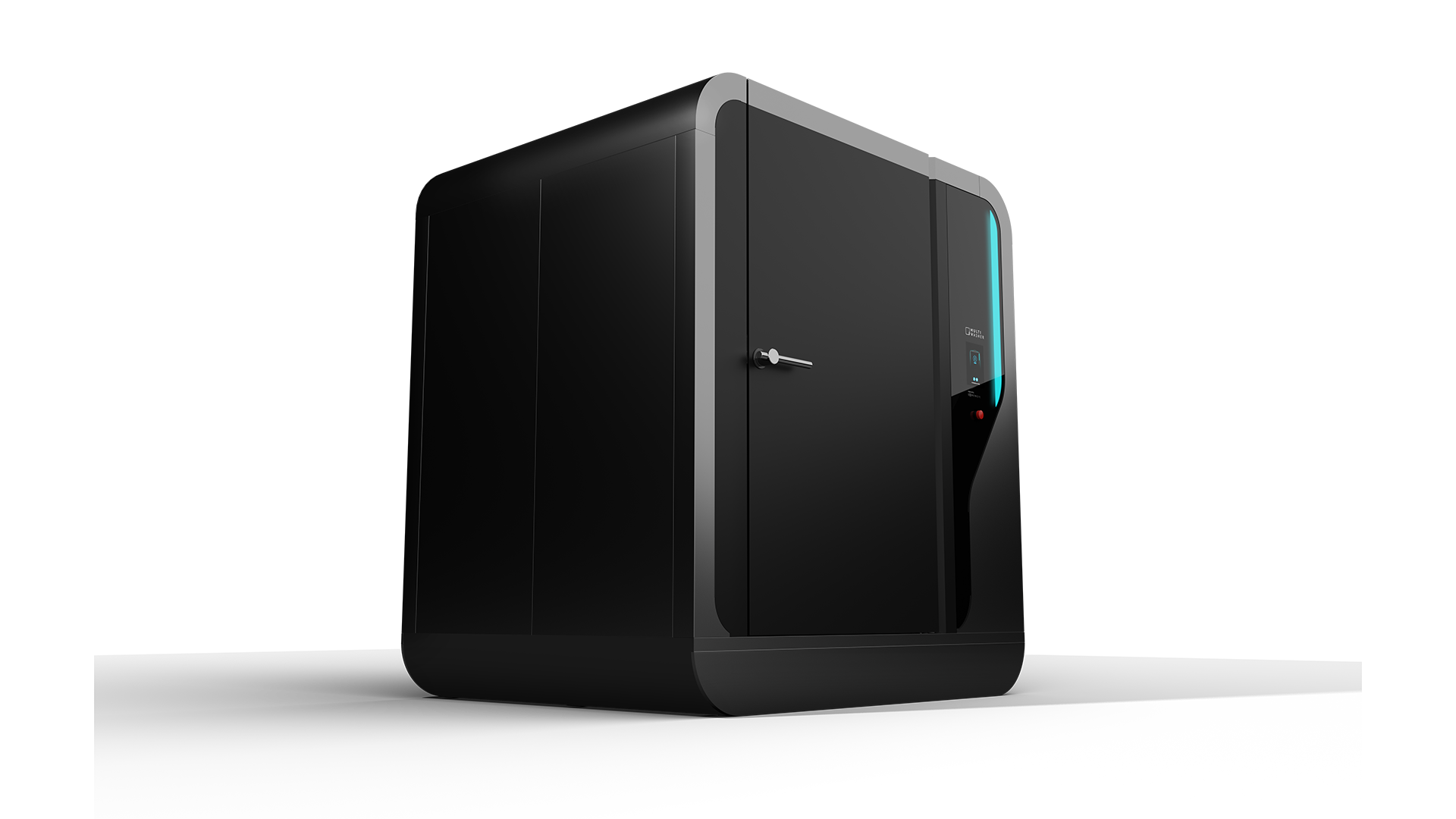
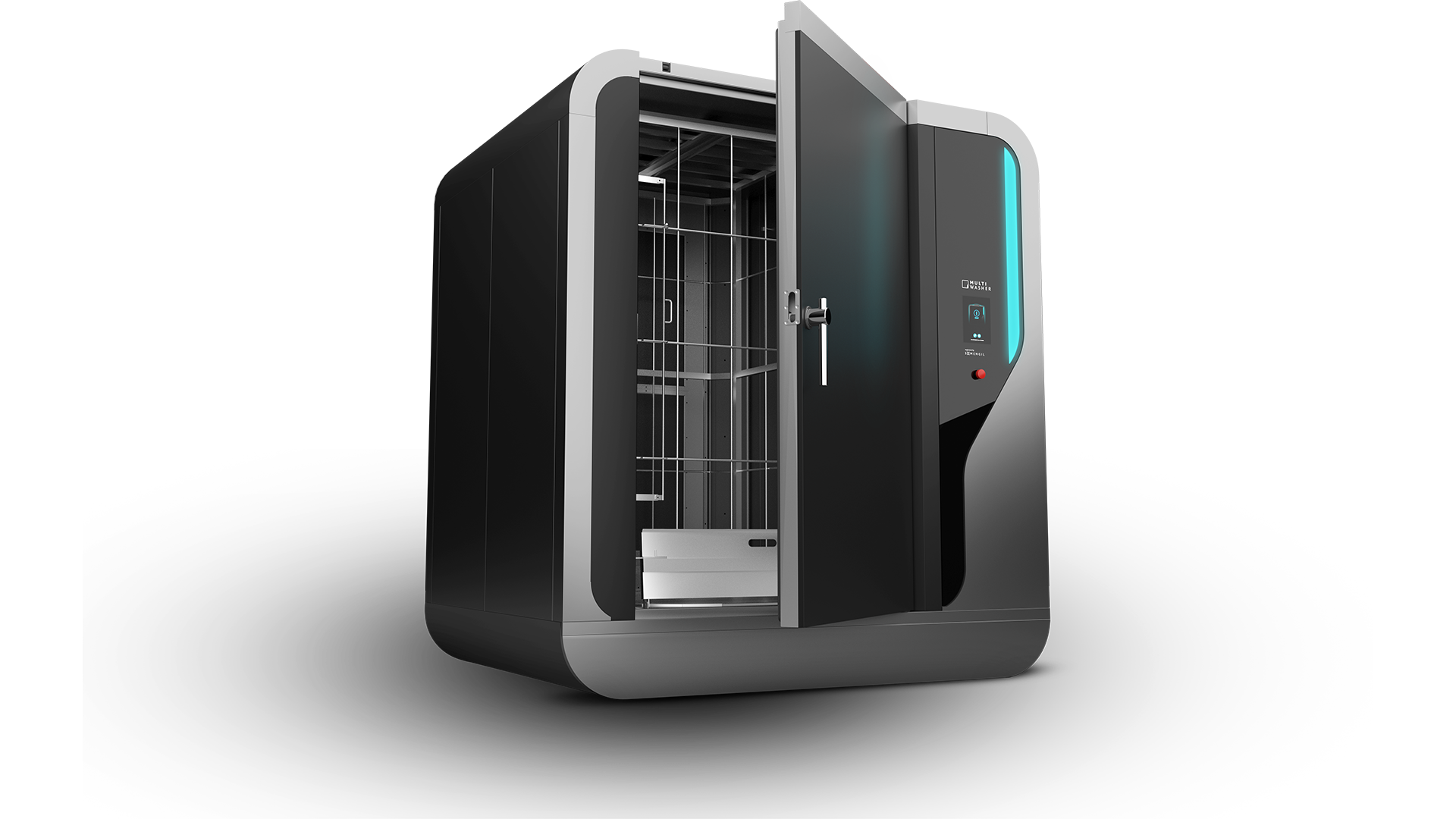
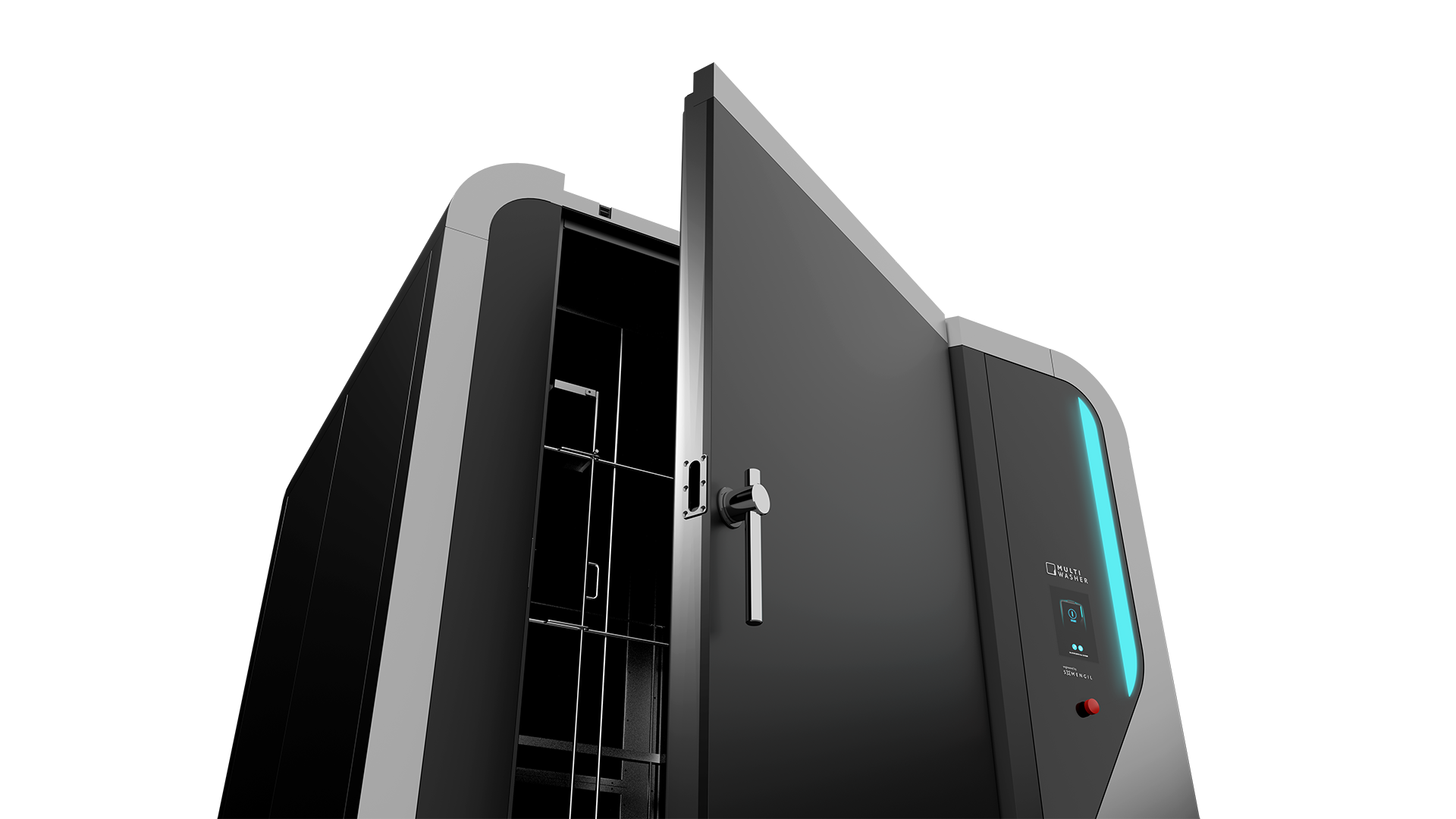
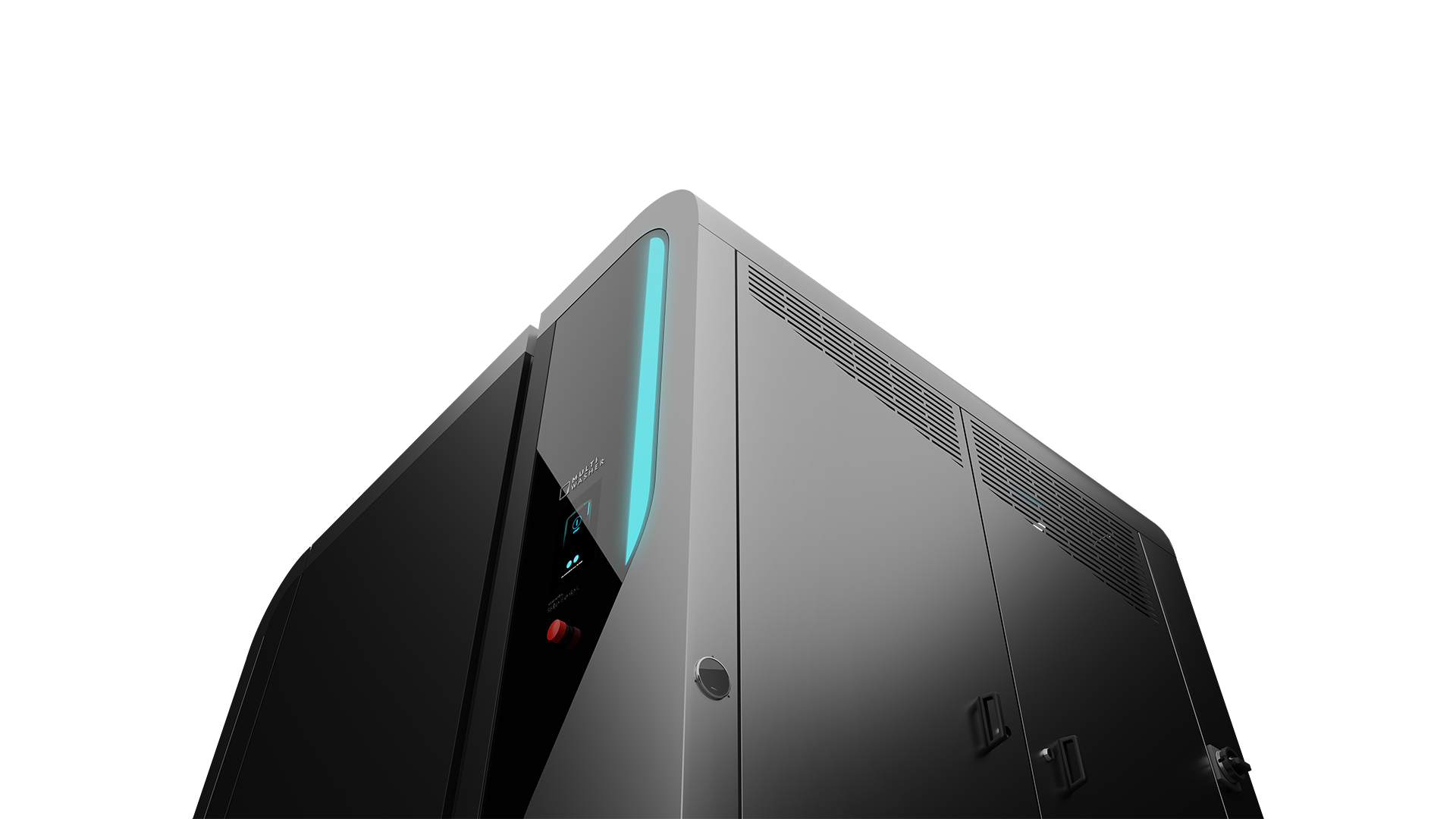
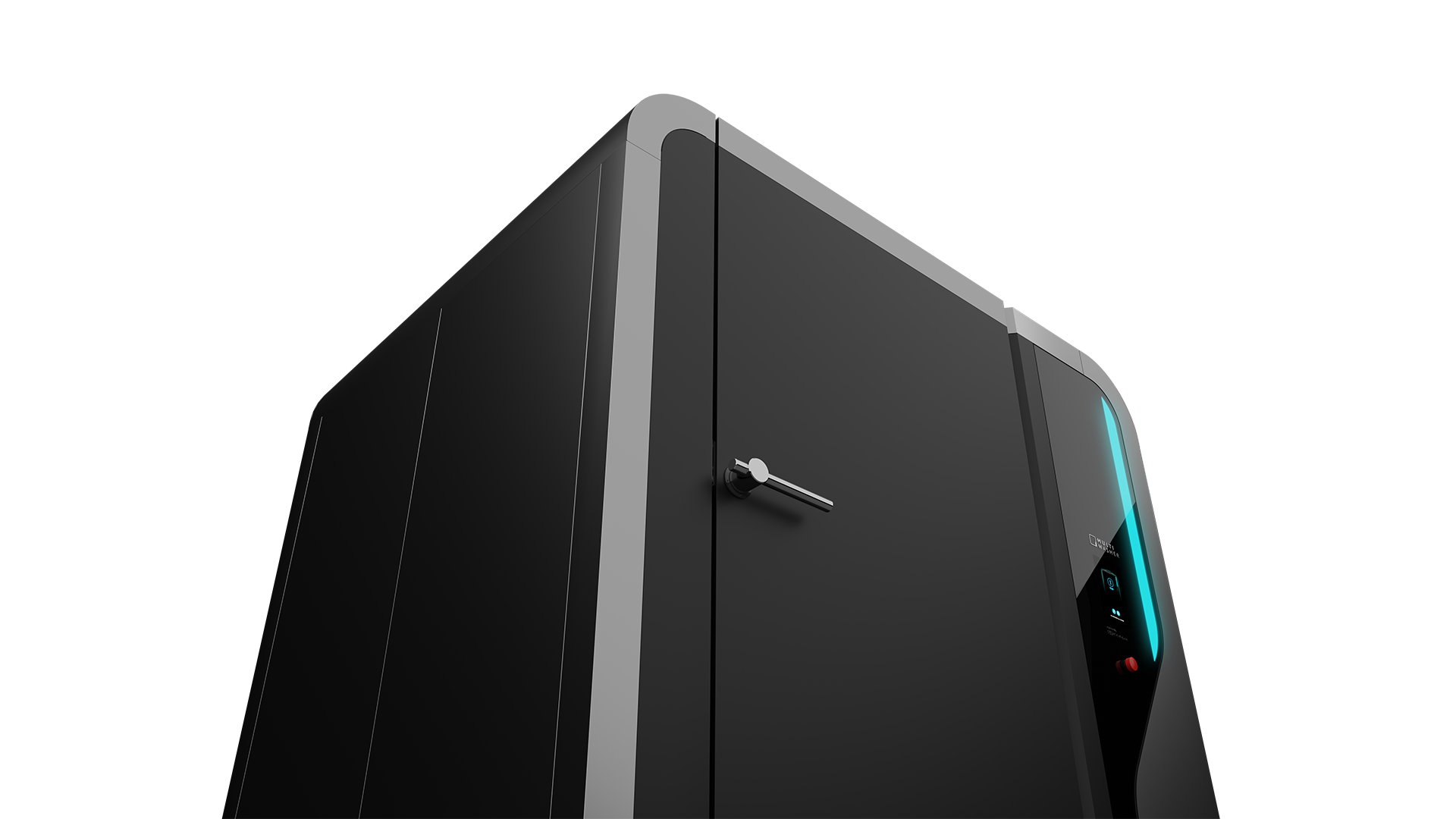
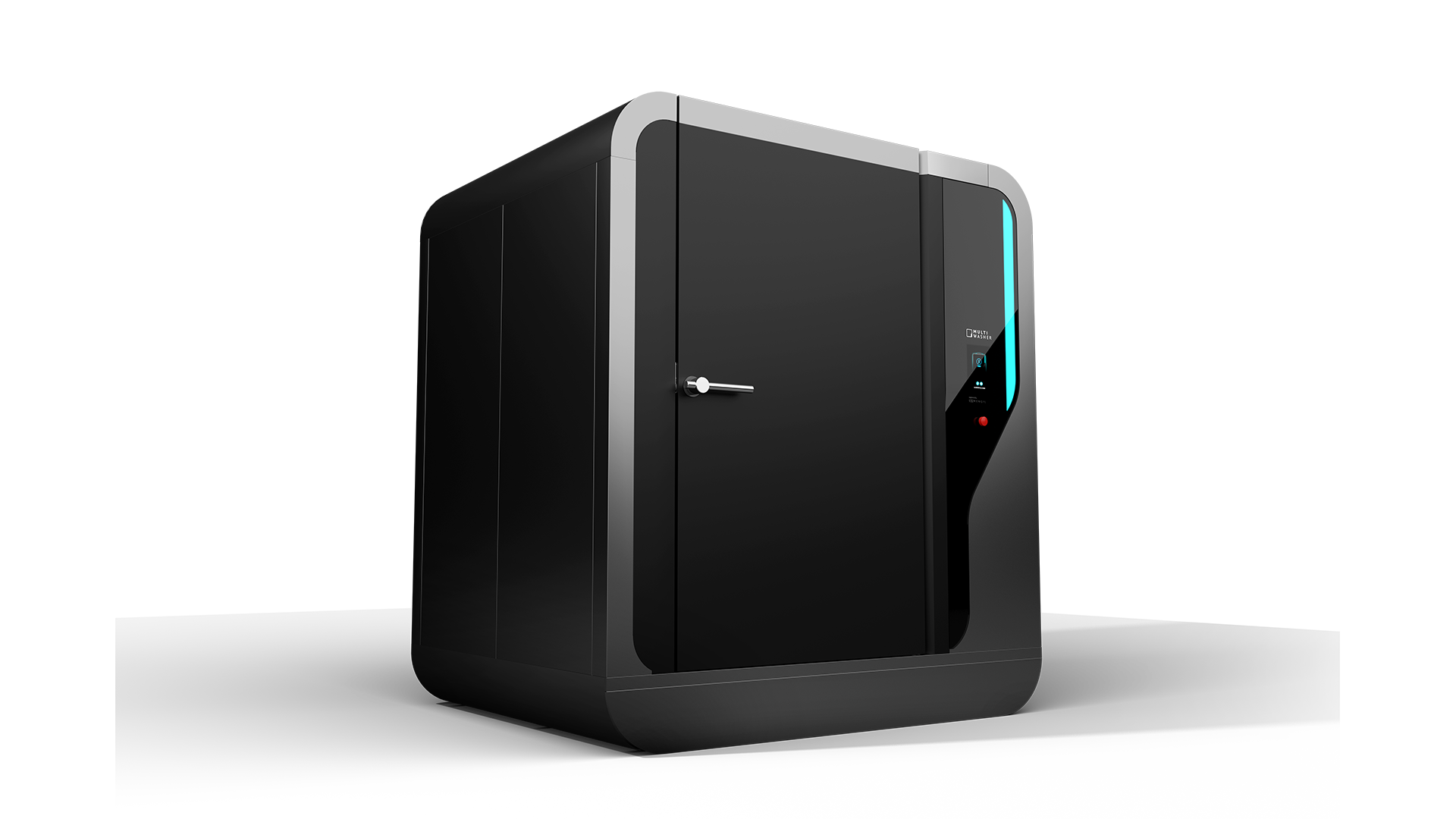
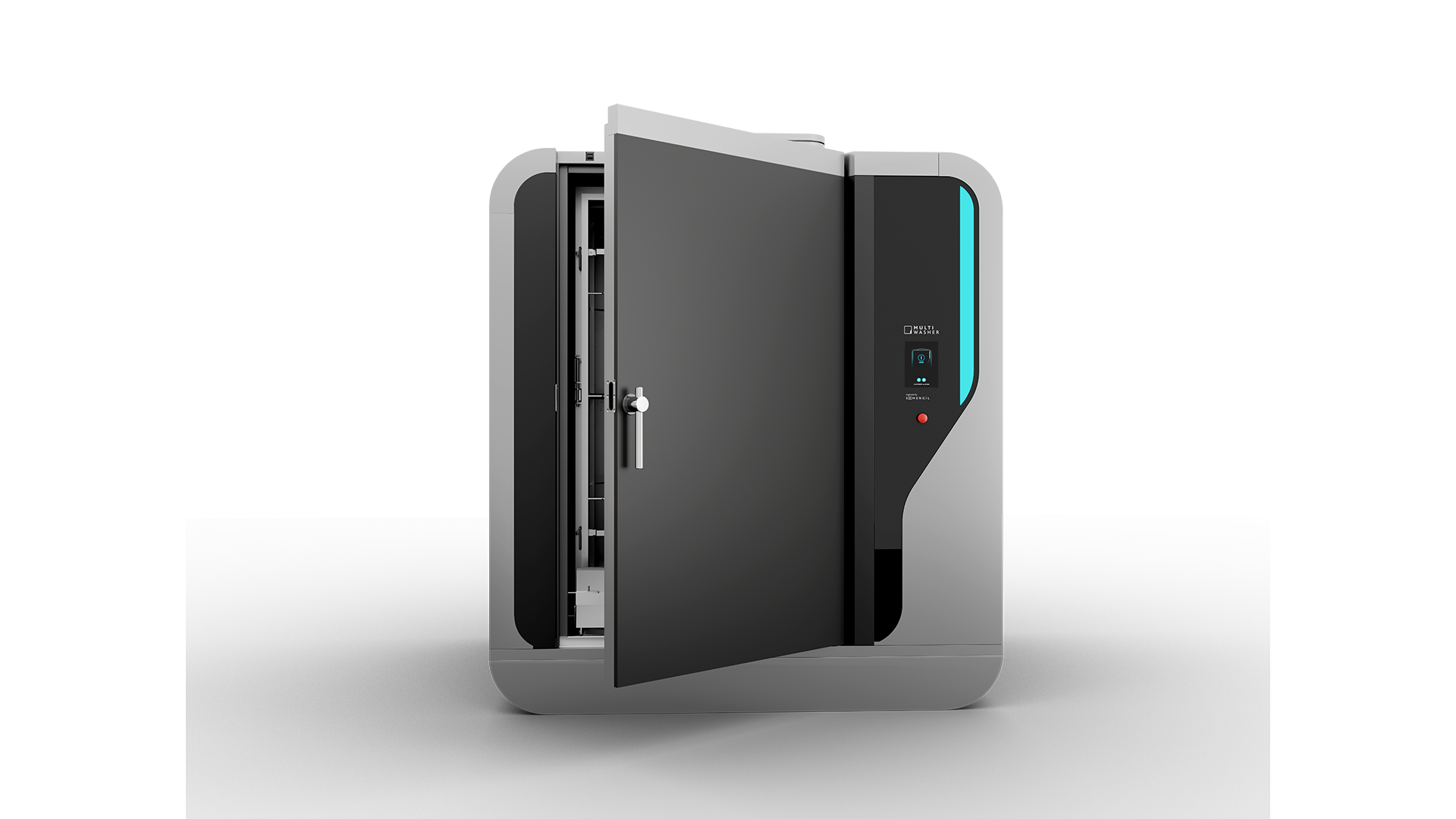
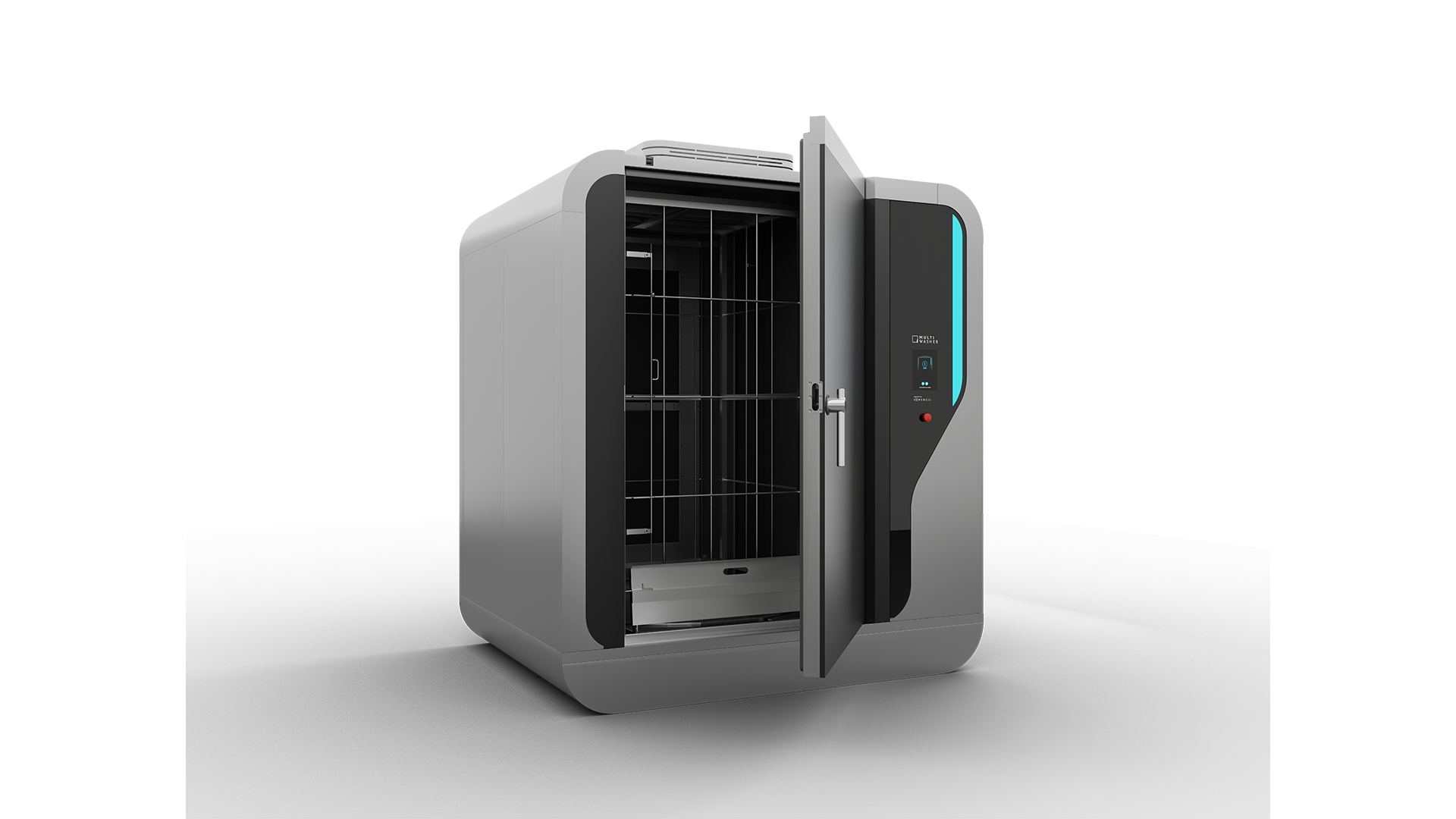
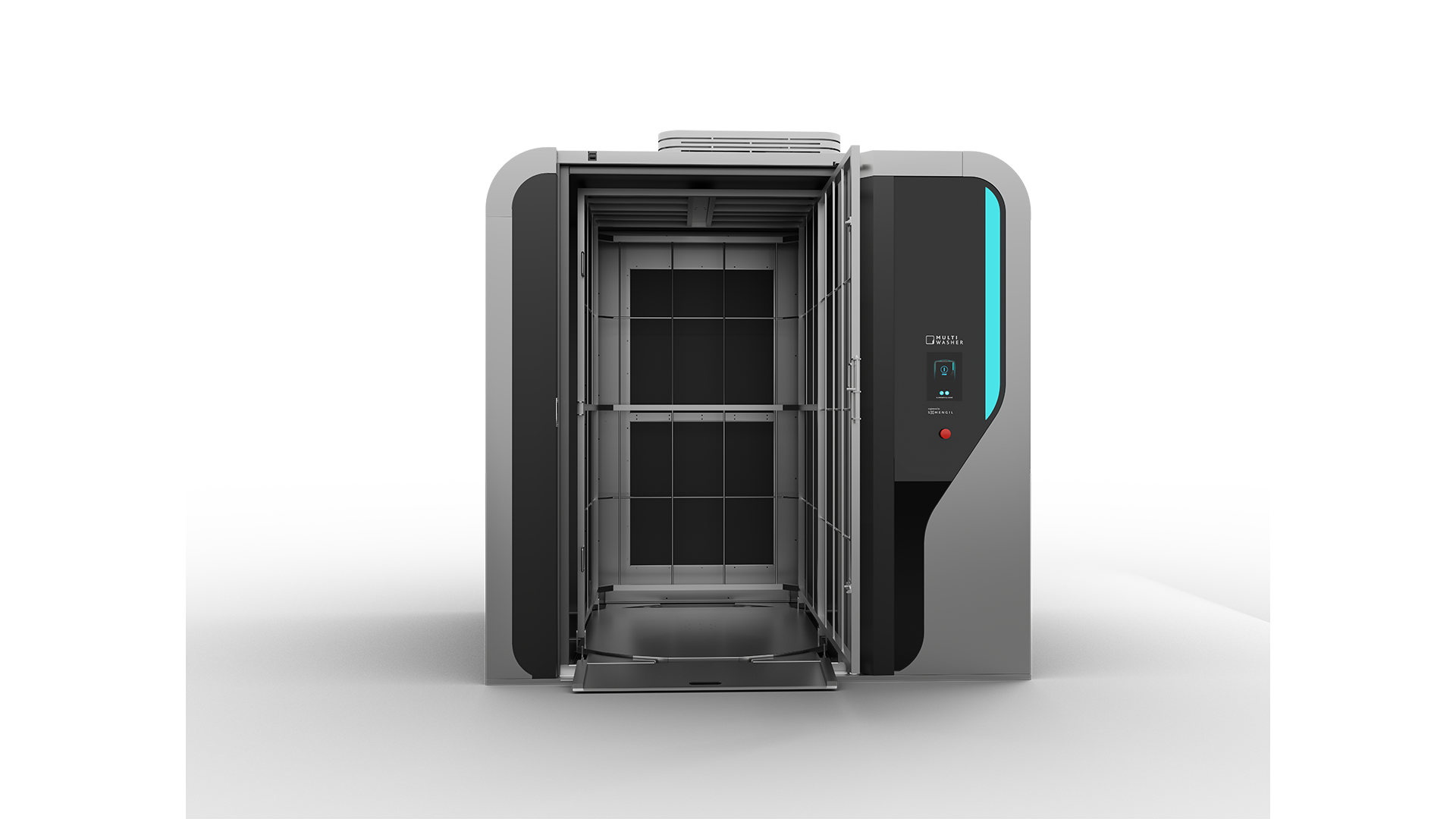
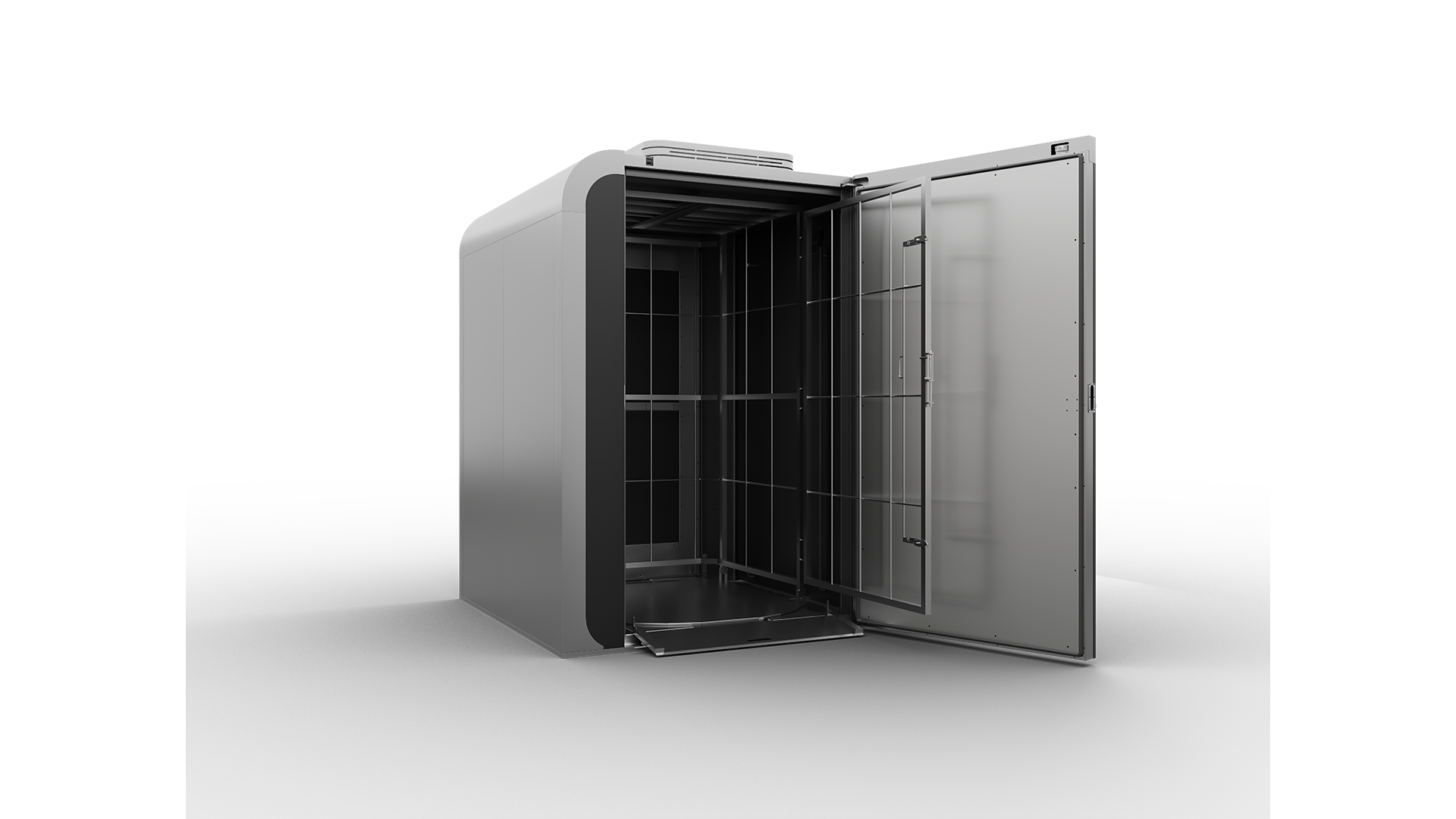
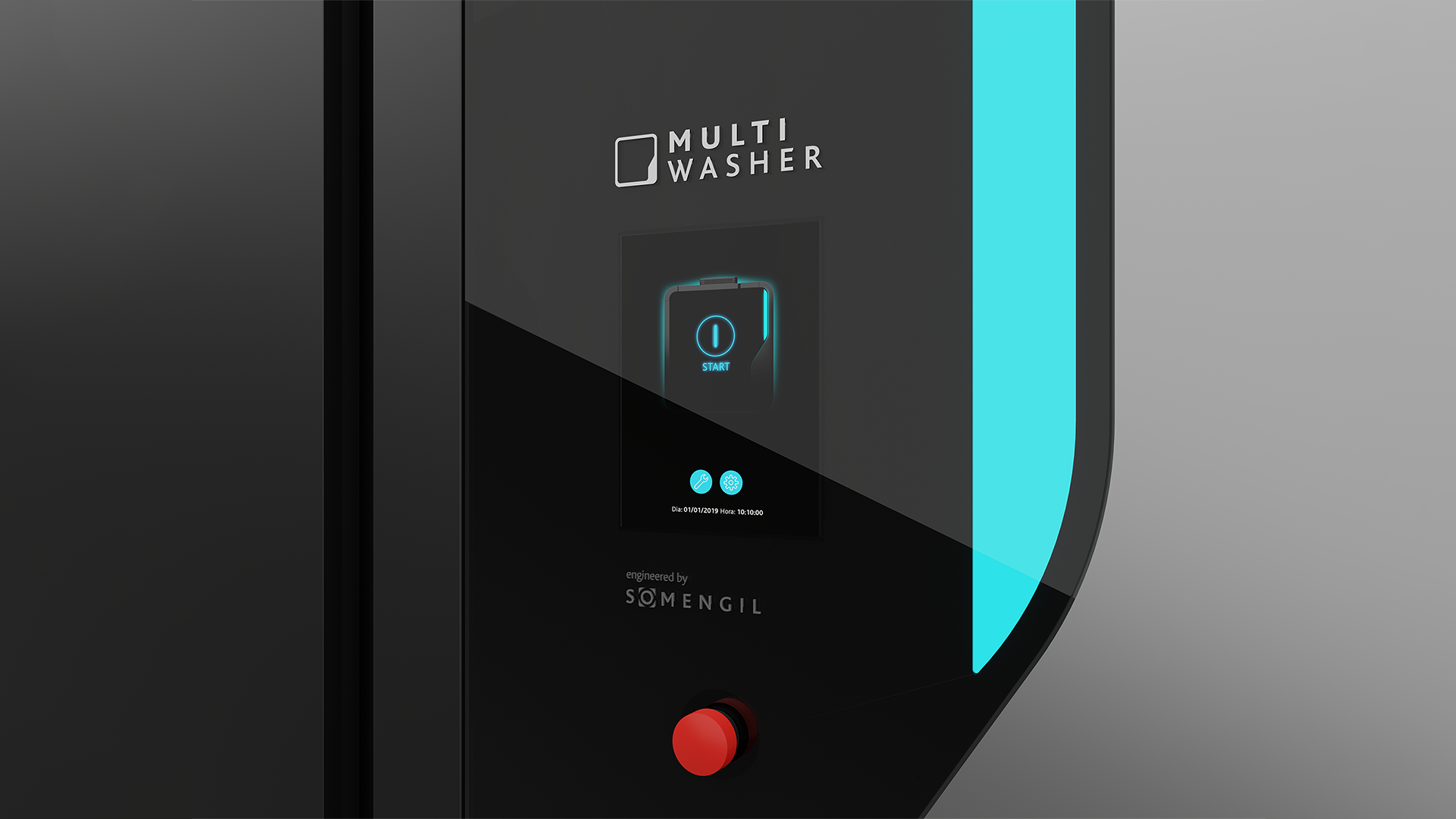
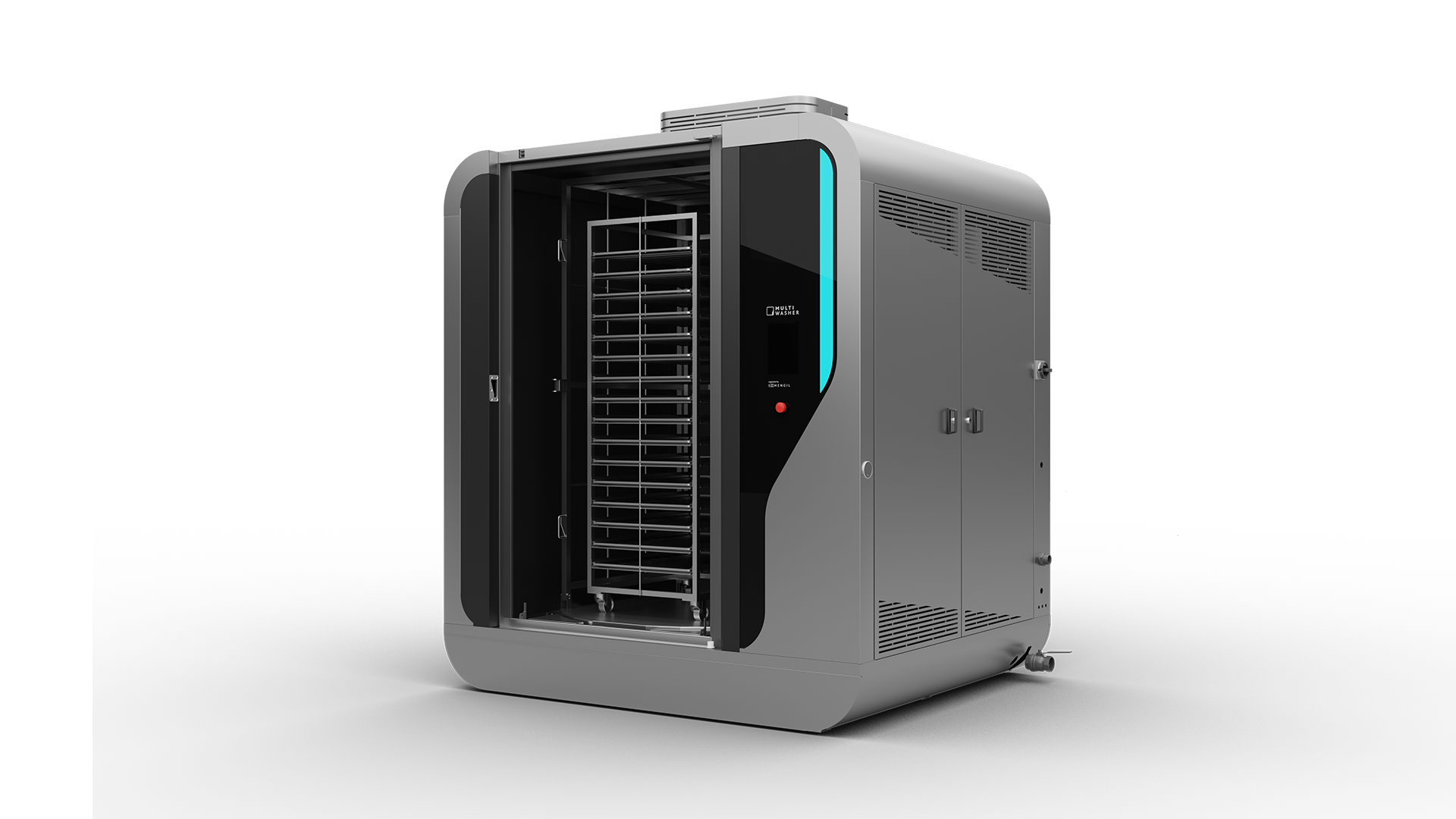
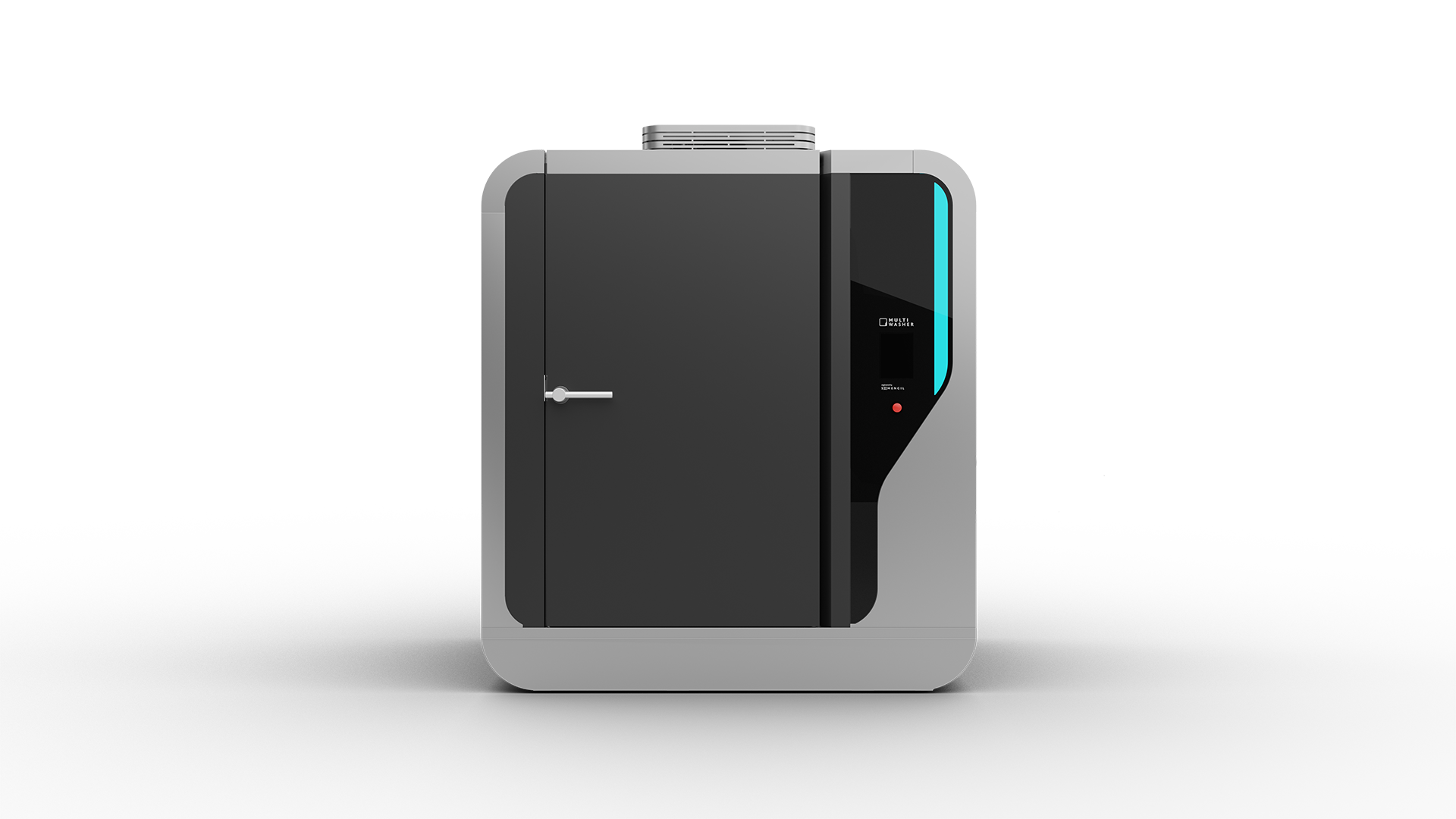

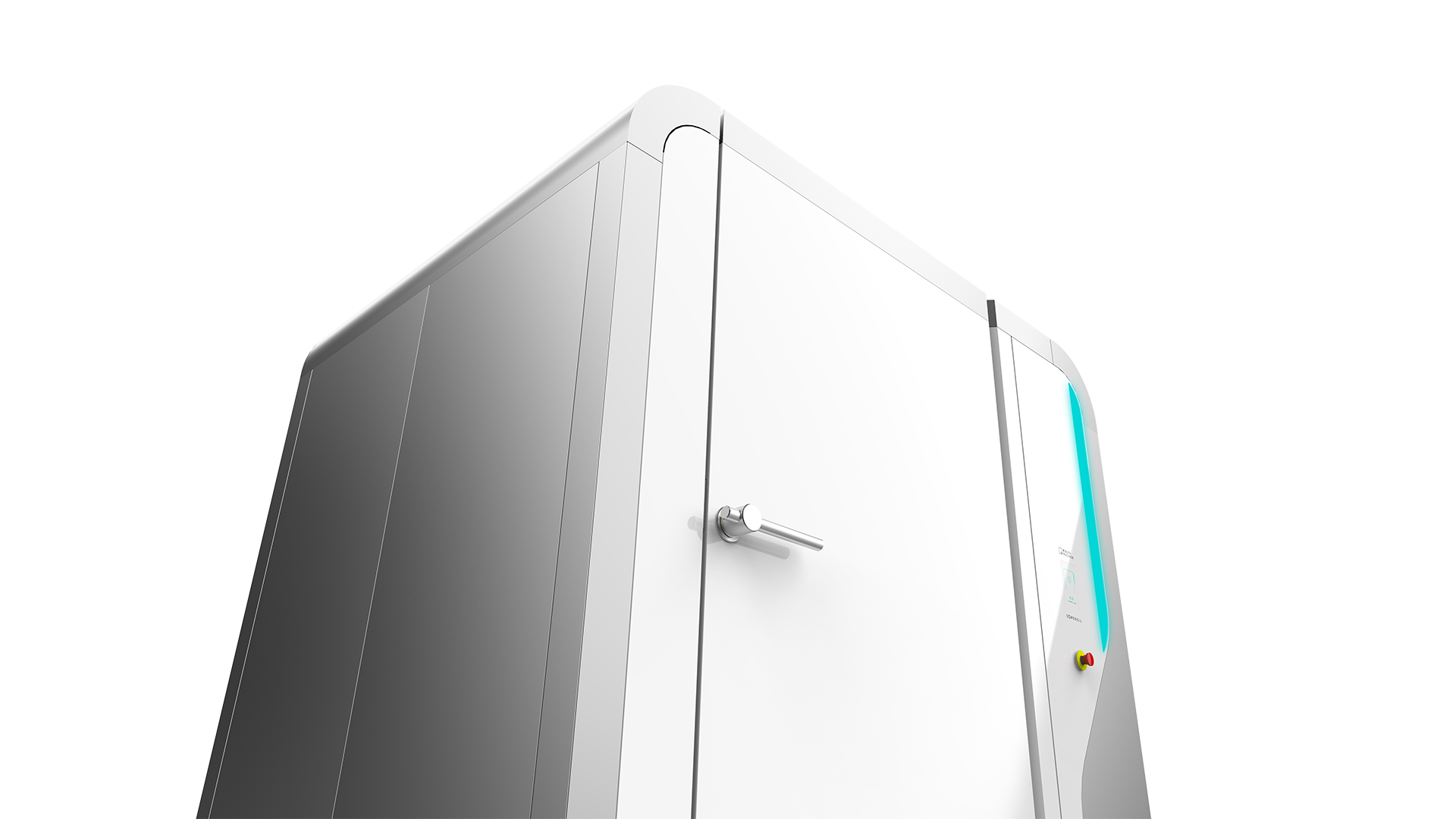
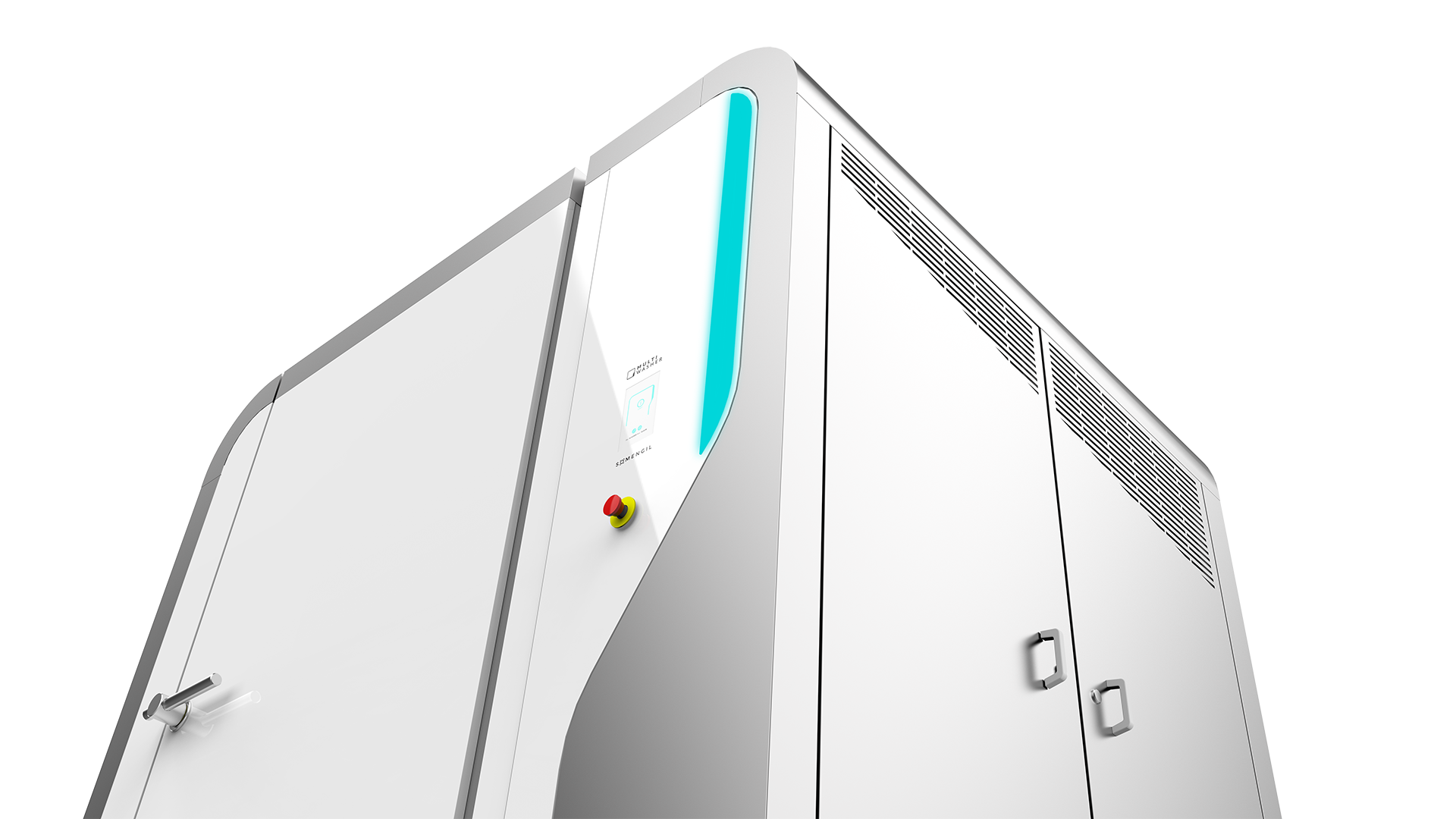
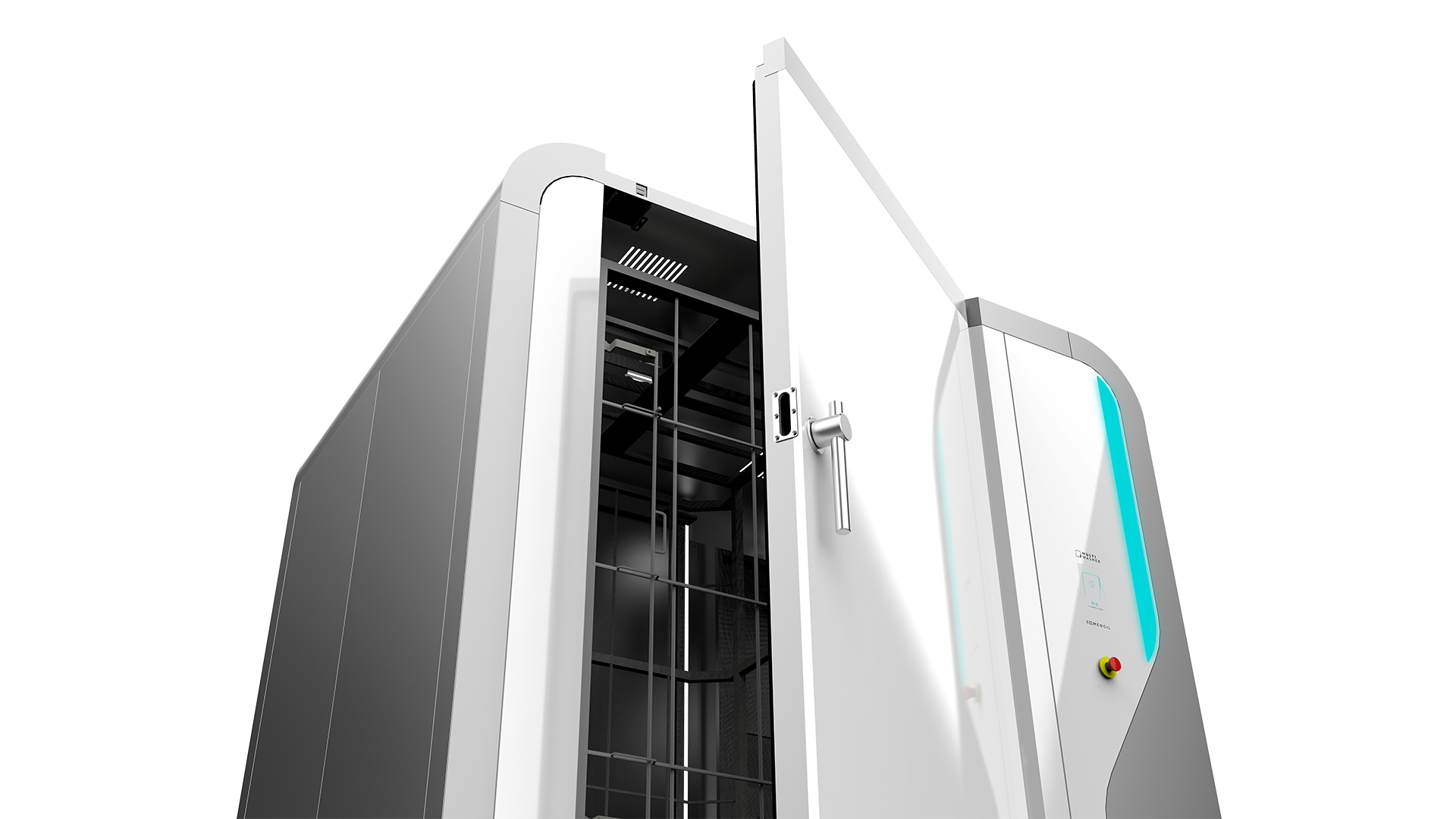
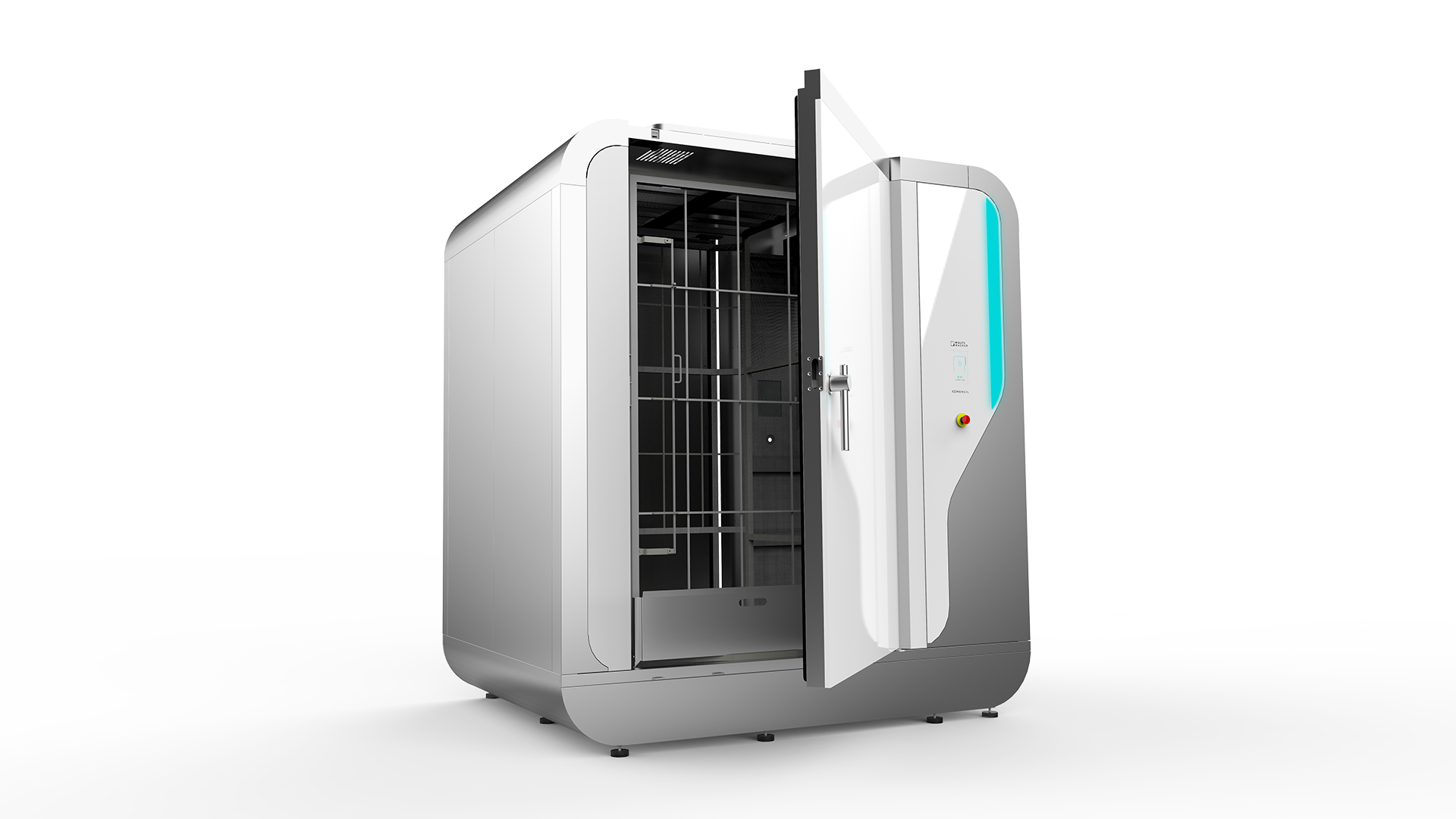
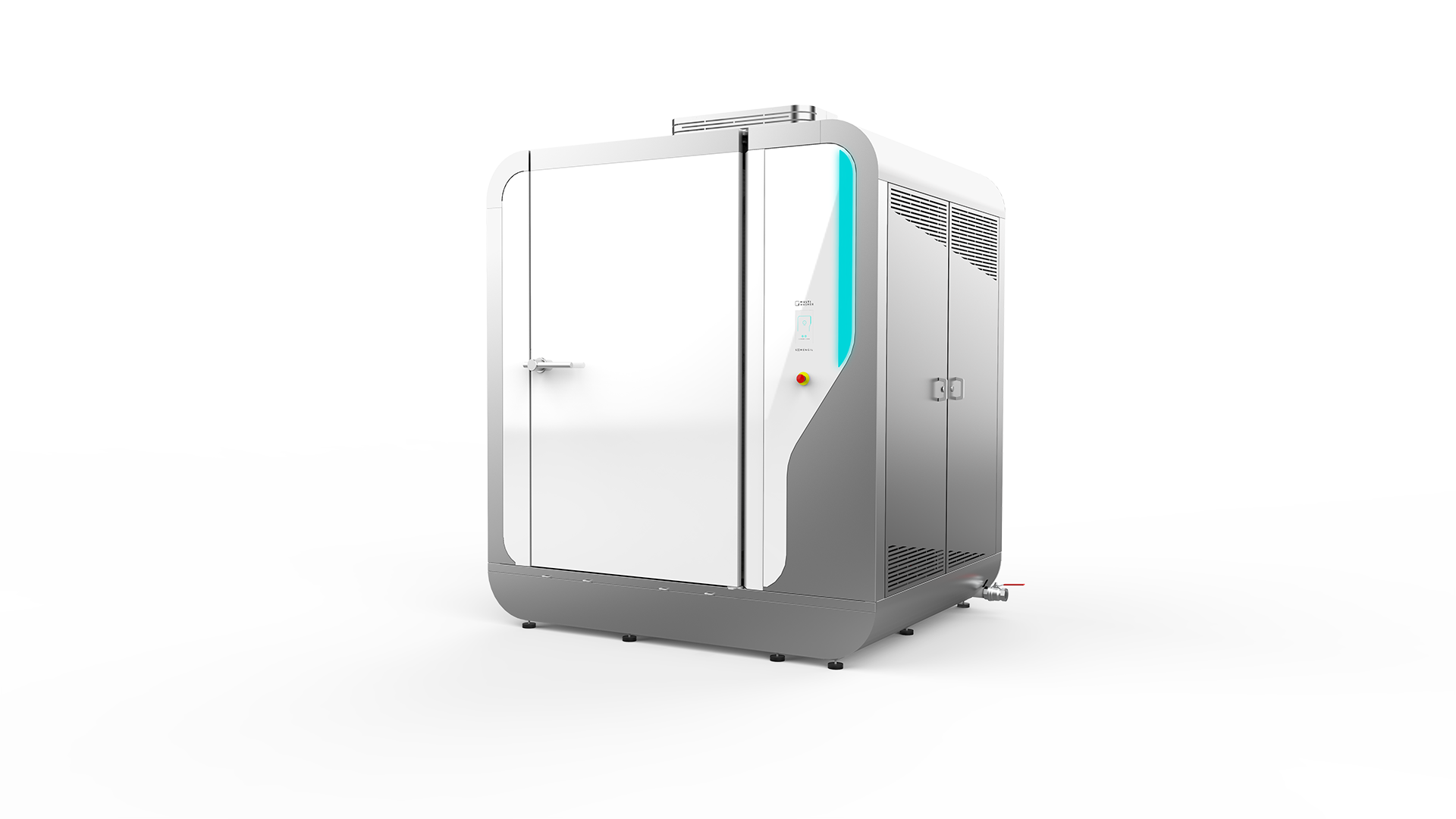
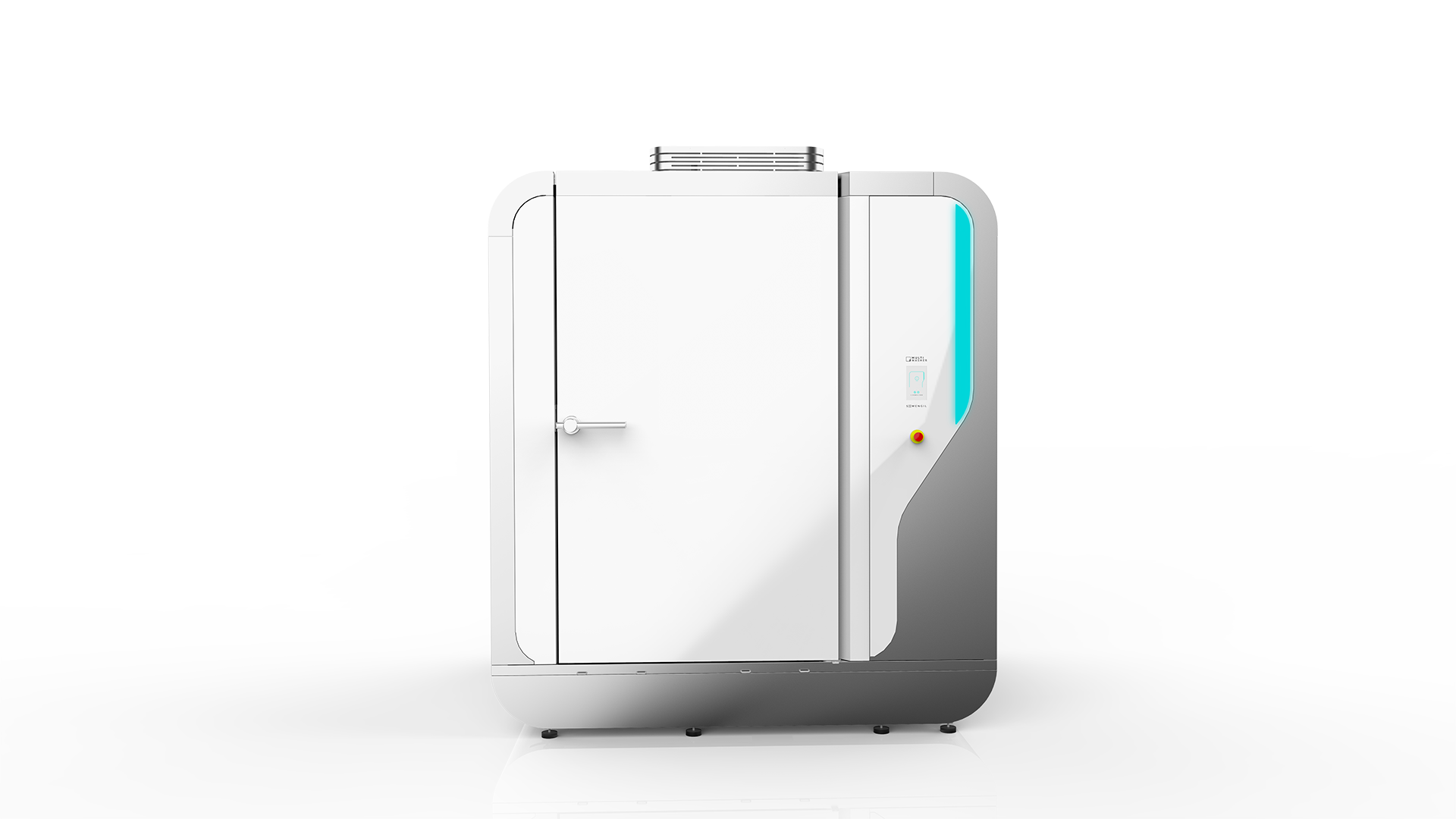
 Portugal
Portugal United Kingdom
United Kingdom United States
United States France
France Spain
Spain Germany
Germany Romania
Romania Italy
Italy Czech Republic
Czech Republic Finland
Finland Hungary
Hungary Slovakia
Slovakia Greece
Greece Lithuania
Lithuania South Korea
South Korea Russia
Russia Saudi Arabia
Saudi Arabia Poland
Poland Brasil
Brasil Hebrew
Hebrew